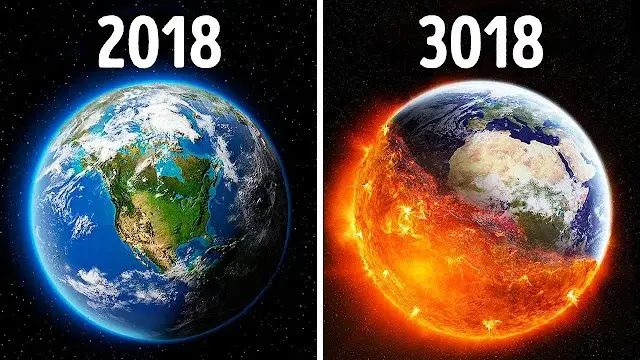Stephen Hawking’s Dark Predictions for Humanity’s Future
Stephen Hawking, one of the most renowned scientists of our time, shared insights that were as profound as they were ominous regarding the fate of our planet and civilization. His predictions, which address various existential threats facing humanity, paint a troubling picture of our future. Here, we summarize Hawking’s six bleakest forecasts for Earth and its inhabitants over the next two centuries.
1. The Era of Genetic Modification and its Consequences
Advancements in genetic engineering have brought about the possibility of eradicating diseases through the manipulation of viruses. However, Hawking cautioned that such scientific endeavors might lead to unforeseen and potentially catastrophic outcomes. The blending of multiple viruses into medical treatments raises ethical and safety concerns, highlighting the unpredictable nature of tampering with our biological framework.
2. The Extraterrestrial Threat: An Imminent Invasion
Hawking was a vocal proponent of the belief that extraterrestrial civilizations exist. However, he warned that if such beings were to visit Earth, it might not end well for humanity. He speculated that advanced alien civilizations could pose significant threats, inviting us to ponder our potential responses should we encounter a hostile extraterrestrial presence.
3. The End of the Stars and the Universe in Darkness
In his later works, such as A Smooth Exit from Eternal Inflation, Hawking envisioned a far future where the universe would devolve into darkness as stars extinguish simultaneously. This scenario raises profound questions about the ultimate fate of existence, leaving humanity with an almost nihilistic view of the cosmos’ ending.
4. The Threat of Artificial Intelligence
Despite the advantages of artificial intelligence, Hawking expressed concern about its unchecked development. He went so far as to label AI as “the worst invention in the history of our civilization,” fearing it could exceed human control and potentially render humanity obsolete. This stark warning challenges us to reassess how we integrate AI technologies into our lives.
5. Global Warming: Earth on the Way to Becoming Venus
Hawking projected that if we continue on our current trajectory regarding climate change, Earth could evolve into an environment akin to Venus—hot, inhospitable, and unlivable. This prediction serves as a clarion call for urgent action against climate change, urging society to adopt more sustainable practices to preserve life on our planet.
6. The Crossroads of Humanity: Significant Decisions for the Future
Hawking’s insights compel us to reflect on the critical choices before us. Humanity stands at a crossroads, where our collective actions can determine our survival or lead to extinction. The future depends not only on our technological advancements but also on our ethical considerations and responsibilities toward one another and our planet.
The Need for a Multiplanetary Species
To mitigate existential threats such as overpopulation, resource scarcity, and pollution, Hawking advocated the exploration of other planets. Becoming a multiplanetary species could be essential for our long-term survival, transforming our approach to space exploration into a vital necessity for humanity.
Frequently Asked Questions
How can we prepare for a possible alien invasion?
Preparing for potential contact with extraterrestrial life involves proactive measures in diplomacy and communication, as well as fostering a better understanding of what such an encounter might entail.
What measures should we take to protect our civilization from artificial intelligence?
Implementing comprehensive regulations and ethical frameworks for AI development is crucial to ensure that these technologies benefit humanity without posing threats to our existence.
What role does space exploration play in our survival as a species?
Space exploration not only broadens our scientific horizons but also offers practical solutions to the challenges we face on Earth. Discovering and potentially colonizing new worlds might be our only safeguard against the dire predictions made by Hawking.
Conclusion: Humanity at a Crossroads
The dire predictions of Stephen Hawking serve as a formidable reminder of the urgency of action. We are called to reassess our priorities, foster global cooperation, and innovate sustainably to secure a viable future for the next generations. The path we choose now will define our legacy and the planet we pass on. It is, therefore, essential to heed Hawking’s warnings and act decisively for a better tomorrow.


